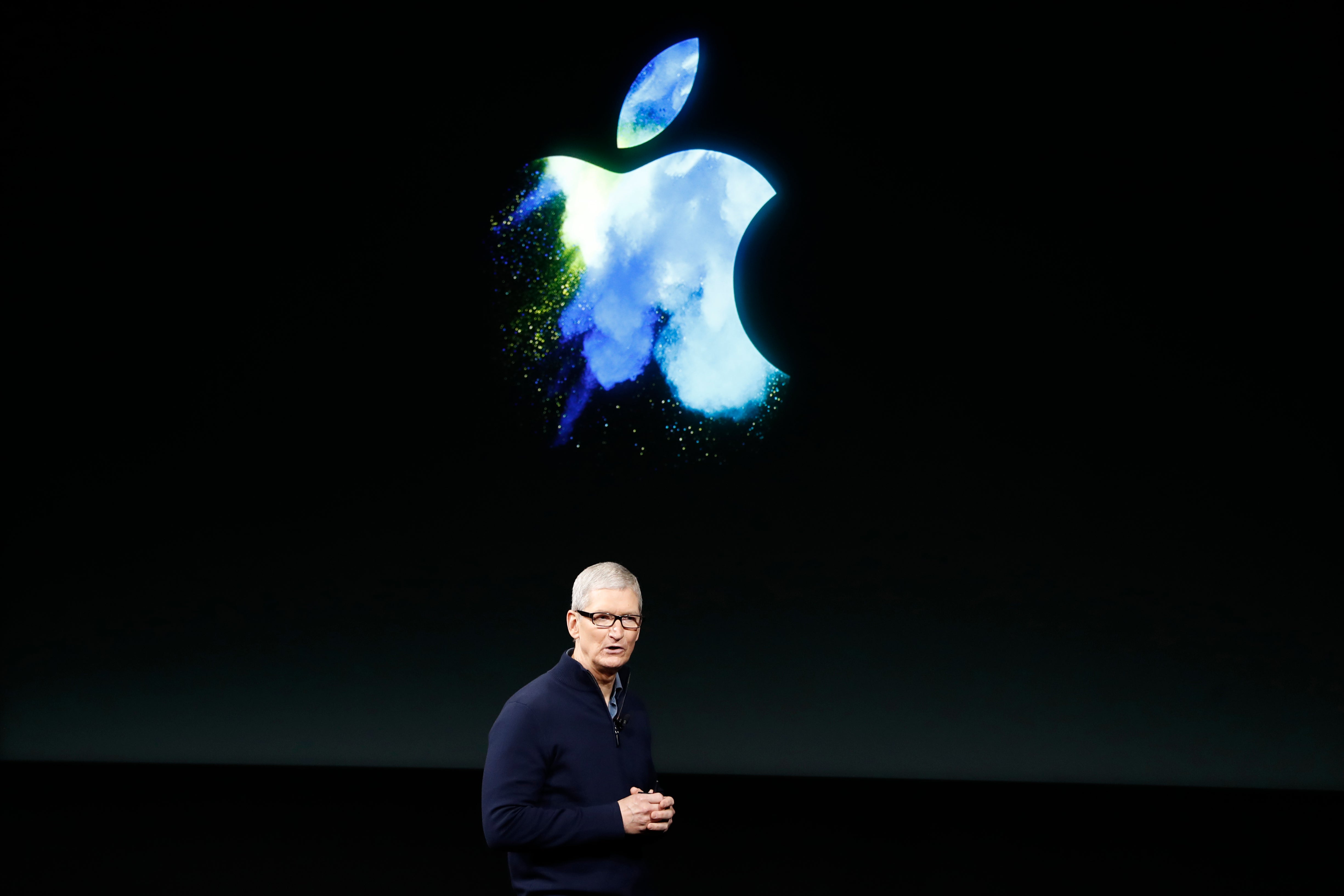Tim Cook says people don’t know ‘what the metaverse is’ as Apple fights with Facebook
‘I always think it’s important that people understand what something is,’ Mr Cook said, ‘and I’m really not sure the average person can tell you what the metaverse is’

Your support helps us to tell the story
From reproductive rights to climate change to Big Tech, The Independent is on the ground when the story is developing. Whether it's investigating the financials of Elon Musk's pro-Trump PAC or producing our latest documentary, 'The A Word', which shines a light on the American women fighting for reproductive rights, we know how important it is to parse out the facts from the messaging.
At such a critical moment in US history, we need reporters on the ground. Your donation allows us to keep sending journalists to speak to both sides of the story.
The Independent is trusted by Americans across the entire political spectrum. And unlike many other quality news outlets, we choose not to lock Americans out of our reporting and analysis with paywalls. We believe quality journalism should be available to everyone, paid for by those who can afford it.
Your support makes all the difference.Tim Cook has said that many people would not be able to define what the metaverse is, despite many other technology giants pouring money into building it.
The metaverse, which would exist parallel to our own, updates in real-time across platforms and software, and fosters a thriving economy, is seen as the next stage of the internet and has been the focus for many companies such as Meta, formerly Facebook, which rebranded to reflect its new aim, and gaming companies such as Razer.
However, Apple’s chief executive says people do not resonate with the idea.
“I always think it’s important that people understand what something is,” Mr Cook told Dutch publication Bright, “and I’m really not sure the average person can tell you what the metaverse is.”
Mr Cook continued to say that people are unlikely to want to spend an extended amount of time in virtual reality, predicting that while it will be “something you can really immerse yourself in. And that can be used in a good way.
“But I don’t think you want to live your whole life that way,” he told Bright. “VR is for set periods, but not a way to communicate well.”
Although Mr Cook may have concerns about the virtual world, Apple is still reportedly researching its entry into it. A virtual reality headset, made by the company, will work with Apple’s latest M2 chip, making it more powerful than Meta’s competing Quest headset, according to reports.
Rumours are that Apple has also shown this headset to its board of directors running the “RealityOS” operating system that powers it appears to have been named inside other Apple software.
Apple’s augmented and virtual reality lead Mike Rockwell reportedly wanted to push forward with the more powerful device – which included an early version of the M1 Ultra processor – but Apple executives pushed for a standalone device.
Previous reports have suggested that the augmented reality headset will be as powerful as the Mac and be able to operate independently without relying on a Mac or an iPhone, and supports a “comprehensive range of applications rather than specific applications”.
Apple has also riled Meta recently with iOS 1.5, a version of its operating system that makes it more difficult for companies to track users’ activities around the internet when not explicitly using their apps.
The change had a huge effect on Meta’s revenue, costing it approximately $10 billion in its first year. Meta also suggested that Apple was misleading customers and that the new policy was really intended to increase Apple’s profits rather than help with privacy.
In a class-action complaint, two Facebook users accused the company of bypassing Apple’s 2021 privacy rules by way of the in-app browser in the Facebook and Instagram apps. This allows the company to monitor everything that happens on external websites without needing user consent or the consent of the website. Meta denies any wrongdoing.



Join our commenting forum
Join thought-provoking conversations, follow other Independent readers and see their replies
Comments